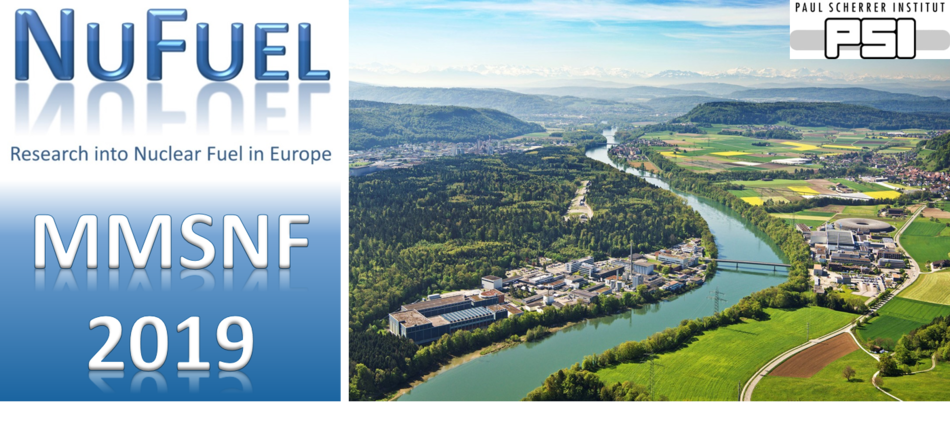Speaker
Description
Several research activities at the LRS of the EPFL and at the PSI aim at developing advanced physics-based and high-fidelity methodologies, in order to improve the understanding of complex phenomena relevant to nuclear reactor safety. In this context, the two institutes are collaboratively developing a new multi-dimensional fuel behavior solver, OpenFOAM Fuel Behaviour Tool (OFFBEAT), based on the open-source C++ library OpenFOAM. The new tool is primarily envisioned as a complement to traditional fuel performance codes and it will be used to investigate the most poorly-known 2D/3D phenomena affecting fuel integrity, such as a missing pellet surface or an asymmetric heat exchange. In this regard, activities are already planned to devise an optimal coupling strategy with the well-known TRANSURANUS code. However, the multi-dimensional feature allows one to use OFFBEAT also for more traditional stand-alone axisymmetric analyses taking into account densification, relocation and swelling strains as well as the temperature and burnup dependence of the material properties with semi-empirical correlations. The development proceeds in parallel with verification and validation efforts. In particular, the contact algorithm and the instantaneous plasticity model for Zircaloy have been verified against available benchmarks and the temperature predictions for axisymmetric rods have been validated against fuel centerline temperature data from the IFPE database. The most recent developments include the introduction of models to take into account the inelastic behavior of Zircaloy, both in terms of instantaneous plasticity and creep, and of the UO2 fuel, with models for fuel cracking and creep. Such models played a fundamental role in the recent 3D analysis of a test-case rodlet undergoing a typical BWR irradiation history in the presence of a missing pellet surface defect. Future works will focus on expanding the 3D study of PCMI to both experimental and full-length rods, including ramp tests and the exchange of information with traditional 1.5D codes. Activities are also planned to use OFFBEAT to interpret the results of UO2 and MOX fuel creep tests characterized by 2D or 3D features, thus assisting the scientific community in the validation of creep models typically used in fuel performance codes.
